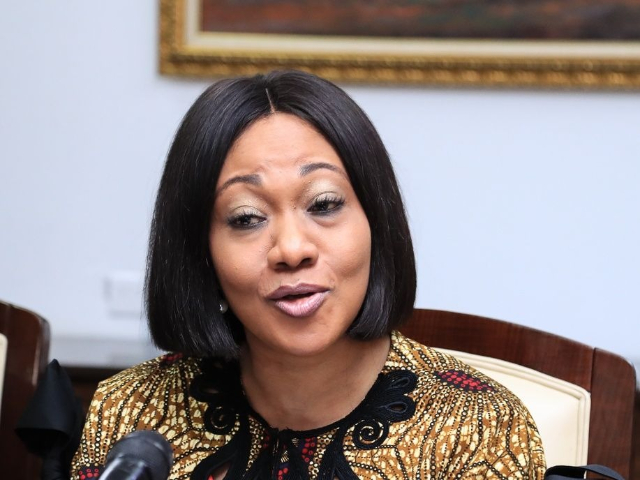Article 42 of Ghana’s current Constitution of 1992 states that every Ghanaian aged 18 years old and older, and of sound mind, has the right to be registered and to vote in national elections and referenda. Note that the right to vote is for ALL Ghanaians, with no reference or restriction on place of residence.
It bears emphasis because Ghanaians Living Abroad (GLAs) emit excess of $5 billion annually to their country, do not vote. Sadly, in 1992 the military regime of Flt. Lt. Jerry John Rawlings passed PNDC Law 284 that restricted overseas voting to only those Ghanaians who work for the nation’s missions. Thus, the much larger GLA community numbering in the millions was discriminated against and their basic human rights denied for the 1992 election. This disenfranchisement continued in successive election cycles in 1996, 2000, 2004, 2008, 2012, and 2016 – seven election periods in 20 years! The political will to extend the constitutional right to GLAs simply does not exist. The two major political parties in the country, NPP and NDC, do not want GLAs to vote because each is afraid that the votes of GLAs would favor its opponent.
The Akan have a saying – Someone else does not take medicine for the sick. Heeding to this proverb, in October 2005 a group led by the author, the Diaspora Vote Committee assembled 13 of its members and traveled to Ghana to mount the advocacy for the right of GLAs to vote.
The successful result was the passage of the Representation of the People Amendment Act (Act 699 – ROPAA) signed into law on February 24, 2006 by then President John A. Kufuor.
The Act amended the restriction on overseas voting and extended it to all GLAs. Ghana’s Electoral Commission (EC) was charged to develop the logistics for overseas voting through a Constitutional Instrument (CI). Unfortunately, Act 699 had no deadline for the EC to deliver the CI nor the effective date of actual overseas voting. These omissions, intentional or otherwise have resulted in the EC not delivering the necessary CI and ROPAA being implemented for actual Ghana overseas voting.
In response, the author led another group, New York City-based Progressive Alliance Movement (PAM), to bring a case in Ghana’s High Court to compel the EC to submit the CI to parliament and implement ROPAA for the 2020 national elections. On December 18, 2017 the late Justice Anthony Yeboah found in favor of the PAM Applicants.
He gave the EC until December 31, 2018 to submit the CI to Ghana’s parliament. The EC filed for an extension. and Justice Nicholas Abodakpi granted the EC a one-year extension until January 30, 2020 to do what was already 13 years late. PAM filed for a contempt of Judge Yeboah’s court and lost. The CI is important because that is where the EC will clarify issues such as how to determine a Ghanaian, documentation, polling stations, returning the votes, etc.
The EC formed a ROPAA Committee that traveled through all the regions of Ghana and concluded that there was consensus in the nation to implement ROPAA. In October 2019, the Committee visited New York, Virginia, Ohio, and Massachusetts to get the views of GLAs on sensitive questions.
The Committee had earlier visited Senegal. That country is one of some 20 countries in Africa that practice overseas voting. Senegal allows volunteer electoral commissions for any local that has at least 500 Senegalese residents.
It is nearly 14 years since the passage of ROPAA. What is Ghana waiting for? PAM and its affiliate, ROPAA AMBASSADORS, are determined that for 2020, if GLAs do not vote, no one will vote in Ghana. The intentional discrimination against GLAs who consistently contribute billions to Ghana’s economy is over.
The writer: Kofi A. Boateng, PhD (a.k.a Kofi ROPAA) @Kofi.aboat@gmail.com


